Nettle is one of the most nutritious plants that nature has given to man. Folk medicine has long been recognized and used, as nettles healing purposes and benefits are vast and proven. Naturopaths like to joke that if humanity is aware of its healing powers, it would not plant anything but nettle. In addition, there may be benefits from all parts of nettle - root, stem and leaves.
Nettle (Urticaceae) is a perennial herb with a height of 150 cm, with long creeping rhizome. This natural gift is not only rich in vitamins, minerals and tannins of great significance to our circulatory system, but with her help prepare delicious and healthy meals.
In the wild, nettle supports more than 40 species of insects, including some butterflies, and in late summer the great quantity of it’s seed is a source of grain for many birds. Nettle blooms from May to September, stiffly upright and basically with a harp edged stem, with heart-shaped leaves at the end.
There are between 30 and 45 species, mostly perennials, the most famous representative is the common nettle (Urtica dionica), common in Europe, North Africa, Asia and North America. An interesting fact is that the first use of nettle fiber was in the manufacture of clothing can be traced back to the Bronze Age.
During World War I, the fibers of the nettle are used as a substitute for cotton and the manufacture of uniforms. Various projects in Europe were trying to find ways of cultivating and processing nettle for its fiber.
Composition of nettle
Data for 100 g of nettle:
Calories 42
Total Fat 0.11 g
Cholesterol 0 mg
Total Carbohydrate 7.49 g
Dietary Fiber 6.9 g
Sugars 0.25 g
Protein 2.71 g
Water 87.67 ml
Nettle is a source of beta-carotene, vitamins A, C and E, iron, calcium, phosphates and minerals. Nettle contains more vitamin C than some cultivars and wild herbs such as lettuce, broccoli, spinach, cauliflower, green beans and more. The highest content of nettle is water, then are proteins and sugars, many of which belong to essential amino acids.
Fresh nettle leaves are a good source of vitamins - A, C, D, E and K, minerals - calcium, manganese, iron, potassium, zinc, magnesium and copper enzymes, chlorophyll and dyes. Nettle leaves are rich in tannins, pantothenic acid, sitosterol and histamine and its roots are mostly starch.
Selection and storage of nettle
When choosing nettle, stick to only the upper part of its stem, because that's where the leaves are small and fresh, others are more brittle and become bitter in flavor. Nettle likes to grow in significantly contaminated sites, therefore, if you can, buy it from bio shops, or confirmed local stores.
To have it available for cooking all year round, you can use several methods for handling nettles - drying, freezing and even canning. Do not leave nettle to dry in the sun, it will lose a large part of its nutrients. Put it in a shady spot and store the dried leaves in a well-ventilated, dark, dry place. Thus, nettle can be stored up to two years.
However, for culinary purposes, it is best to use frozen or canned nettle, because dried loses much of their substance. Freezing/canning of nettle should happen immediately after its purchase. In order not to burn yourself with the nettle, put gloves on while you wash them. Then put it in bags in the freezer. If you want to conserve know that sterilization is required. Fill the jars with clean sheets of nettle that must be firmly ordered not to appear excess juice.
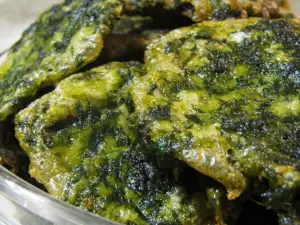
Culinary use of nettle
Along with its proven health properties, nettle has established itself as a delicious food that can delight the senses and palate. Culinary her treatment is diverse, but it is important to note that the smaller it is, the greater the amount of nutrients nettle brings into your body.
Normally, people include nettle in their diet in the spring. Favorites of many are nettle soup, nettle stew, or salad. Because of the burning sensation of nettle, it should be picked with gloves and scalded briefly before serving. Nettle can be even used to make flour and nettle tea is globally recognized for its healing properties.
Benefits of Nettle
You could say that nettle is one of the wonders that nature has given us. It is known for its astringent, expectorant, tonic, with anti-inflammatory and diuretic benefits. Nettle is recommended as a powerful tool for the prevention of liver disease, arthritis, rheumatism and kidney diseases, as well as in the treatment of allergies and anemia.
The healing power of nettle stems from its blood cleansing functions.
A decoction of nettle reduces the sugar content in your blood. Nettle is useful for the urinary tract as well as regulating the bowels. The world-famous healer Maria Treben strongly recommends to drink a decoction of nettle and gives a lot of information about the benefits of this herb.
Prolonged intake of the plant’s infusion strengthens the immune system and fights viral diseases and bacterial infections. Nettle tea treats problems of the urinary system. It He successfully manages sand in the kidneys and bladder, as well as medical retention. In most cases, the manifestation of kidney disease is associated with a strong external eczema and headaches.
It has been shown that nettle helps with problems with the liver and gallbladder, spleen disease (even in tumors of the body). The plant "cleans" mucus in the stomach and respiratory organs, stomach cramps and ulcers. Nettle has a great effect on the airways. Taking tea medicinal plant helps with lung problems.
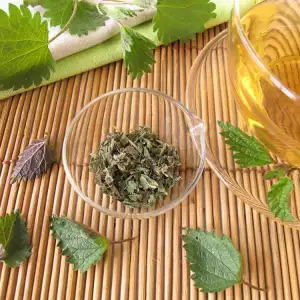
One or two cups of daily nettle tea would be beneficial for everyone. Tea of the herb increases efficiency, concentration and eliminates tiredness and fatigue. If you eat fresh nettle, the effects will be the same. The high content of iron, the vital element that is responsible for working capacity and energy in the body is the main feature of nettles.
It is better to drink nettle infusion without sugar. Optional tea can be mixed with a decoction of chamomile or peppermint. Furthermore, nettle has been shown vasoconstrictor effect and toning effect on the uterus, which helps against uterine bleeding.
Beauty with nettle
In addition to health benefits and being delicious food, nettle can help us deal with some cosmetic problems and make us more beautiful. Nettle extract is widely used to rejuvenate and beautify.
Nettle can help with suffering from intense hair loss. Take 100 g chopped nettle leaves, add to 0.5 liters of water and 0.5 liters of vinegar. The mixture boils for 30 minutes and is strained. At bedtime, wash hair with the boiled potion.
There is a French recipe that has proven to strengthen hair with nettle. Every 1-2 weeks, after you wash your hair, wet it with infusion of the dried leaves of nettle, which is rubbed into the scalp. To prepare it, take 1 tablespoon of chopped nettle, pour in a cup of boiling water and soak as for tea. Once cool, strain it.
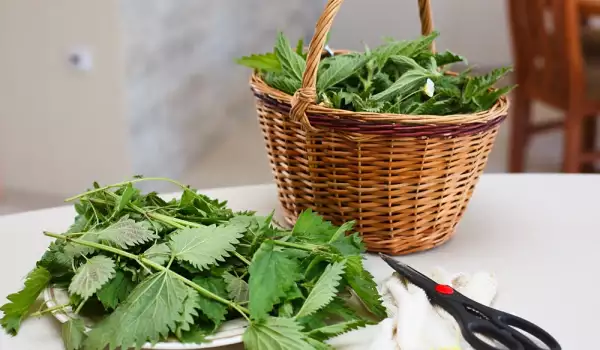
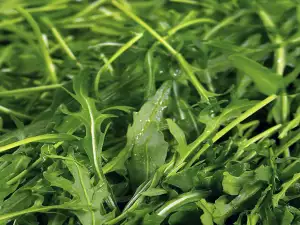
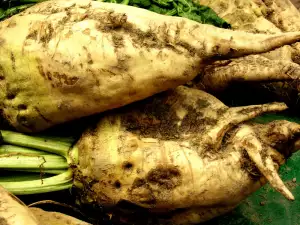
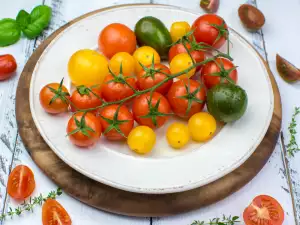
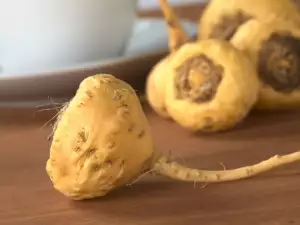
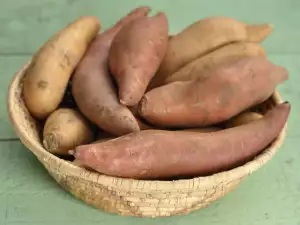
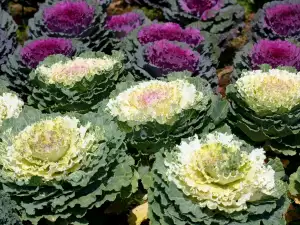

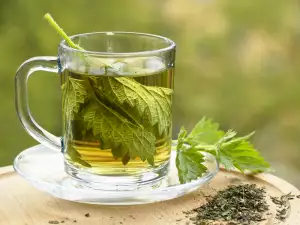
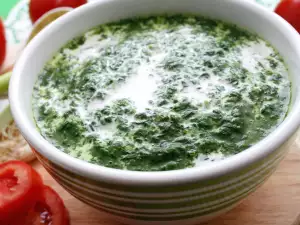


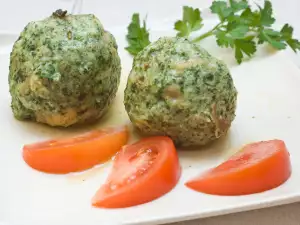

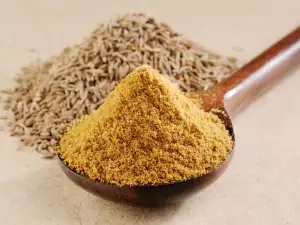




Comments